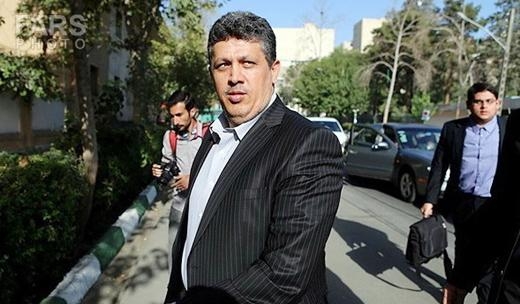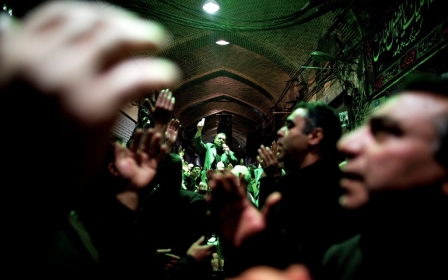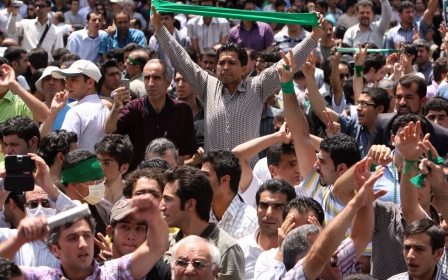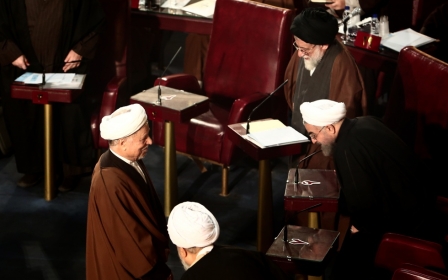Iran ex-president's son begins 10-year jail term

The son of Iran's former president Akbar Hashemi Rafsanjani began a 10-year prison term for financial and security crimes on Sunday, insisting his conviction was politically motivated.
In March, Mehdi Hashemi was handed prison sentences totalling 25 years after being convicted on three charges in separate cases involving national security, fraud and embezzlement.
The 45-year-old was also ordered to pay undisclosed fines and financial penalties, and was barred from holding public office. He lost an appeal.
The trial was held behind closed doors and details of the evidence and specific crimes have not been released.
He was sentenced to two terms of 10 years in prison and one of five years, and in line with Iranian law will serve the longest of the three sentences.
Iranian media said he had arrived at Evin Prison in Tehran where he read a statement to reporters demanding that recordings of his trial be released.
Hashemi said he saw "political purposes as the main element" of the case against him.
He said his conviction was "neither fair nor legal" but he hoped "to protect and defend the integrity of my honourable and oppressed father".
"I demand once again that state television broadcast my court hearings fully," he said.
"I firmly believe that this measure will prevent abuses by radicals from harming one of the important pillars of the Islamic republic," he added, in an apparent reference to the judiciary.
Rafsanjani still influential?
Rafsanjani, 80, who served as Iran's president from 1989 to 1997, remains influential in Iranian politics despite suffering setbacks in recent years. He is now considered to be close to the reformist camp.
However, MEE columnist Mahan Abedin writes that some may see Rafsanjani's inability to negotiate a softer sentence for his son as his complete loss of influence and "may well be interpreted, in due course, as symbolising the finality of his downfall."
Rafsanjani was barred from standing in the 2013 presidential election, but threw his support behind cleric Hassan Rouhani, who eventually won.
Rafsanjani's son was accused of involvement in massive protests that followed Iran's 2009 disputed presidential election, won by hardliner Mahmoud Ahmadinejad.
At the time, Hashemi backed the so-called Green Movement led by reformist presidential candidates Mir-Hossein Mousavi and Mehdi Karroubi, who alleged massive voting fraud.
Threatened with arrest, Hashemi left for Britain. He returned home in September 2012, but was later detained for questioning and held in custody for three months before being released on bail.
Hashemi had an earlier brush with the judiciary in the 2000s when his name emerged in cases involving Norway's Statoil and French oil giant Total.
The oil companies were suspected of having paid bribes to secure access to Iranian hydrocarbon reserves, at a time when Hashemi was a senior official in the oil industry.
New MEE newsletter: Jerusalem Dispatch
Sign up to get the latest insights and analysis on Israel-Palestine, alongside Turkey Unpacked and other MEE newsletters
Middle East Eye delivers independent and unrivalled coverage and analysis of the Middle East, North Africa and beyond. To learn more about republishing this content and the associated fees, please fill out this form. More about MEE can be found here.




